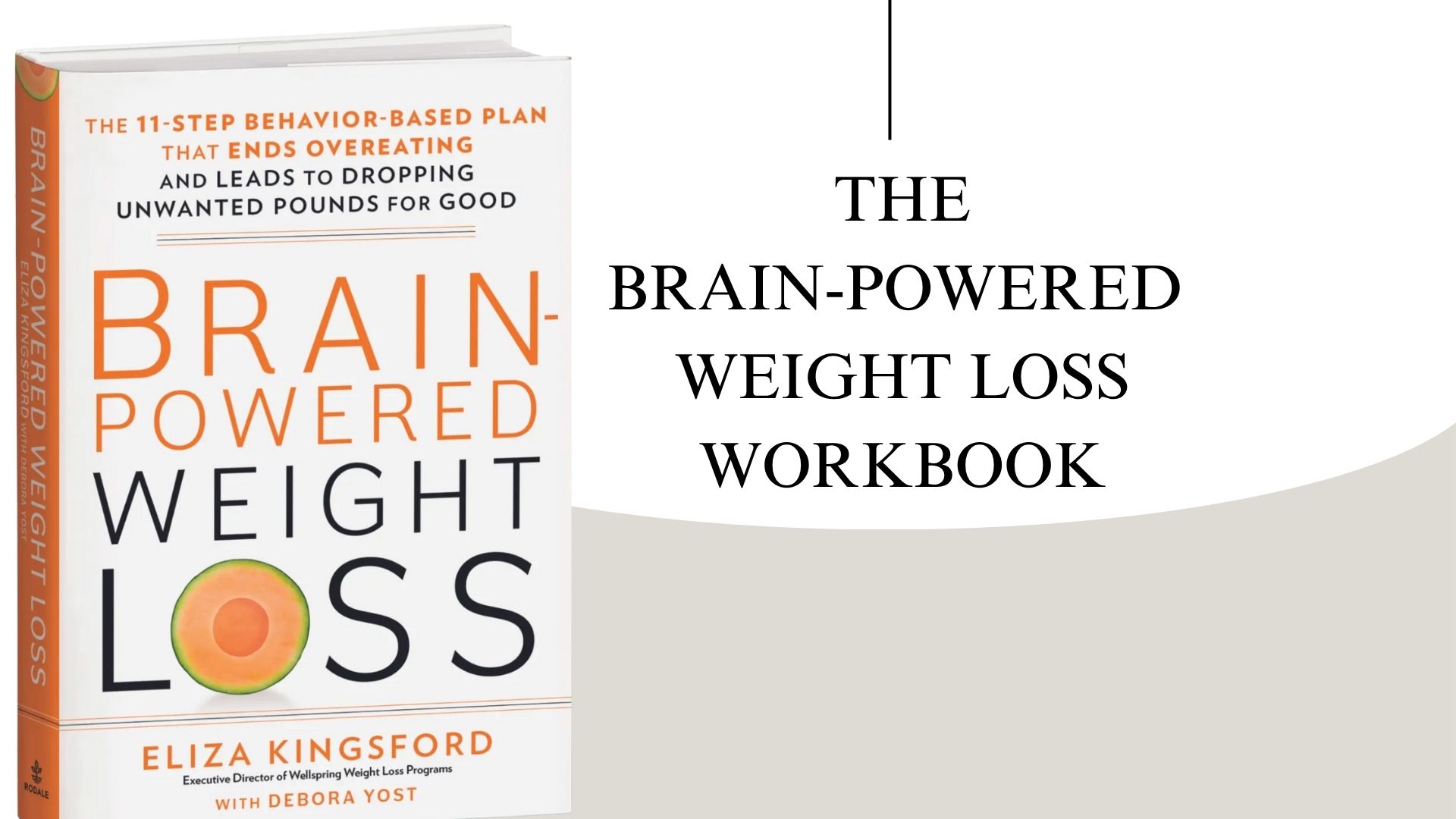
Why Weight Loss Should Be Your First Health Resolution in 2024
Jan 04, 2024As we welcome a new year, many of us turn to goal setting and resolutions to improve our quality of life in the year ahead. I’m sure it’s no surprise to you that weight loss is at the top of many of these lists. But, should weight loss top your list of priorities this year? Turns out, no matter your reasons for wanting to lose weight, there is a profound connection between weight and mental health as well. If done safely and sustainably, losing weight can lead to a happier, healthier you not just physically, but emotionally as well.
The Weight-Mental Health Connection
Weight loss is often viewed through the lens of physical health or aesthetics (how we want to look), but its impact on mental well-being can be equally significant. The anti-diet industry is very vocal about how chronic restrictive dieting can lead to poor mental health. And while that’s true, research also shows us that safe and sustainable weight loss can significantly improve our mental health. So how do we reconcile those two facts!
First, let’s take a look at the ways weight loss has been correlated with mental health benefits.
- Improved Mood: Studies have consistently shown that weight loss is associated with enhanced mood. As you lose weight, your body undergoes hormonal changes that positively affect your brain chemistry, leading to improved mood and well-being.
- Reduced Anxiety and Depression Symptoms: Carrying extra weight can be a physical and emotional burden. Weight loss has been linked to a decrease in symptoms of anxiety and depression, which can then lead to a more regulated and flexible nervous system.
- Better Sleep: Carrying extra weight is often highly correlated with sleep disorders like sleep apnea. Losing weight can help alleviate these issues, leading to better, more restorative sleep, which is crucial for mental health.
- Increased Energy and Vitality: People who have successfully lost weight (and kept it off) often report increased energy levels, making you more active and engaged in your daily activities. This boost in energy can lead to a more positive outlook on life.
- Enhanced Self-Esteem: Losing weight does NOT guarantee an increase in self-esteem. However, when done in conjunction with an effective focus on improving self-concept, the two combined have been shown to have a positive impact on self-esteem, leading to higher scores on quality of life indexes.
But what about the reports that dieting DECREASES self-esteem?
While it is true that chronic restrictive dieting has been highly linked with poor mental health, it’s important that we don’t automatically blame one for the other. Not all dieting is created equal (a blog post for another time). Just like the common adage “ which came first, the chicken or the egg”, this following question arises. Are people choosing unsustainable restrictive diets BECAUSE they experience lower self-esteem, or is lower self-esteem a result of unsustainable restrictive diets?
No matter what the answer to that is, we know that embarking on a sustainable weight loss journey that could lead to improved mental health is not just about dieting; it’s about embracing a healthier overall lifestyle.
Here are some key strategies to help you succeed:
- Set Behavior (not weight) Goals: Research shows us we are more likely to be successful with weight-loss long-term when we are focused on creating sustainable behaviors, rather than weight loss numbers.
- Focus on Sustainable Changes With Food: Of course food plays a role in weight loss. However, learning how to be consistent with food is more important than which diet you choose. Instead of searching for the “right plan”, focus on small sustainable changes that you can stick to.
- Incorporate Physical Activity You Enjoy!: Regular exercise aids in weight loss, sure. But the game changer is finding exercise you’ll stick to. Consistency is king, and when you focus on enjoyment vs. forcing yourself you are much more likely to stick with it!
- Seek Support: If you have been struggling with your weight on and off for years, it’s likely you could benefit from some focused support. There are other mechanisms at play in the weight loss journey that could be getting in the way of your success. Things like nervous system dysregulation, neuroplasticity, habits and homeostasis. Seeking support from an expert you trust has been proven to help create lasting change!
So, should you make weight loss one of your top resolutions in the new year? As you now know, weight loss is not just about improving your physical appearance; it’s about transforming your mental health and overall well-being. That being said, it’s imperative that you embark on that journey in a safe and healthy way if you want it to be sustainable and if you want to reap all of the benefits! By adopting a holistic approach to weight loss that includes diet, exercise, and mental health strategies, you can achieve a healthier, happier you this year and beyond!


